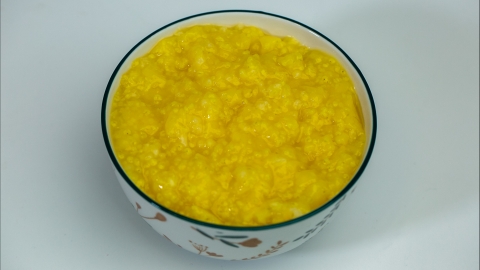Can patients with cholecystitis eat millet?
Generally, patients with cholecystitis can eat millet, as long as they consume it in moderation. Here's a detailed explanation:

Millet is a low-fat food that does not increase the burden on the gallbladder's bile secretion, thereby reducing discomfort caused by gallbladder contractions. Moreover, millet is rich in carbohydrates, providing essential energy to support daily physiological activities. It also contains nutrients such as B vitamins and dietary fiber, which help regulate digestive function, promote intestinal motility, and prevent indirect negative effects on the gallbladder due to poor digestion. Thus, millet is suitable as a staple food choice for patients with cholecystitis.
When consuming millet, it is recommended to prepare it as a soft porridge or well-cooked rice to enhance digestibility and absorption. Avoid adding excessive oil, sugar, or spicy seasonings to millet dishes to prevent irritating the gallbladder. If the patient is experiencing an acute episode, dietary adjustments should follow medical advice; millet and similar foods should only be gradually reintroduced after symptoms have stabilized.






